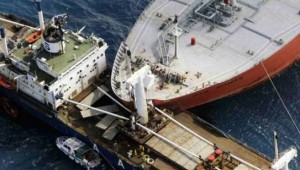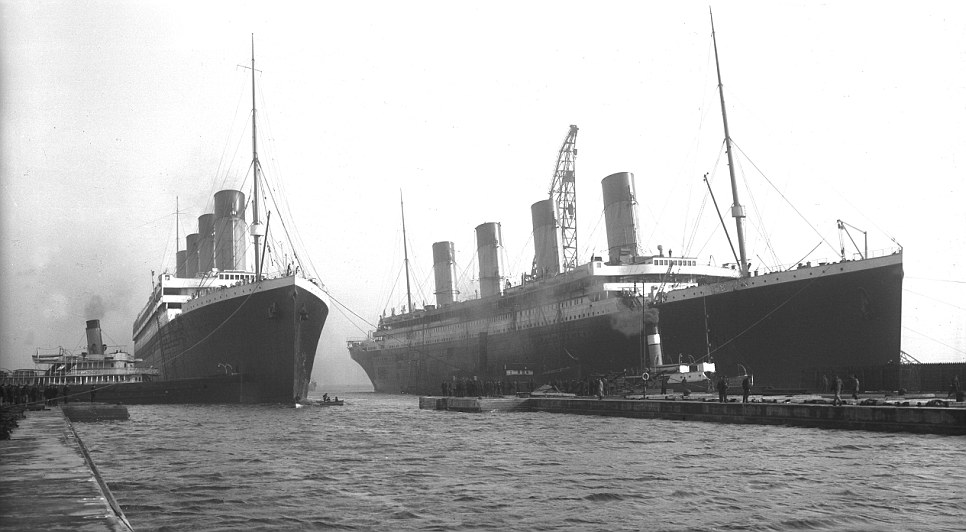
This section deals with maritime law information and the various facets of marine regulations as applicable to ships, shipping companies and so on. We know that regulations are necessary for any activity if control and welfare of the personnel have to be considered.
When we talk about maritime law, it covers rules, regulations and laws pertaining to a variety of closely knit yet different areas. There are regulations related to maritime training, marine education, classification of ships, registration of ships and other regulations which govern carriage of cargo to name a few. We will study about these regulations in our forthcoming articles about maritime law information including interesting aspects of marine law history over a period of time.
Complexity of Maritime Law
One thing to be kept in mind is that since sea trade is a global phenomenon involving literally most of the nation states, the laws applicable on a ship could be local, national as well as international. There are several treaties and mutual agreements between seafaring nations which enforce certain laws worldwide.
Laws are also required to curb malicious activities such as maritime piracy and hijacking of ships as this is one of the grave issues which are facing the merchant marine ships. This is truer about countries where there is a lack of political stability as well as enforcement of law.
There could be other untoward incidents which might require proper regulations to resolve the matter such as the collision of ships or drowning and the subsequent salvage procedures.
Maritime Lawyers
Since the maritime law is a specialized field of knowledge, it is obvious that it would require people with the requisite skills to go about this job. Maritime lawyers specialize in marine laws and the various aspects associated with it. We will also study about the work profile, education requirements and job prospects of maritime lawyers in the job section of this website.
Organizations and Agencies
During the course of our maritime law information studies, we will also be taking a detailed look at the structure and functioning of various organizations which are responsible for setting standards and ensuring that regulations are followed. Some of the important organizations in this regard include the International Maritime Organization or IMO, and various classification societies such as the Lloyds Register. We will also take a look at places where maritime law education can be pursued and various popular courses available for the same.

Just to give you an indication of the requirements and complexity of maritime law, just see the image below. Such a scenario is actually more common on roads where you might have seen cars or other vehicles collide in this manner. It is quite easy since the local regulations apply. But in this case just imagine that the collision can take place anywhere in the sea and the vessels involved might belong to different countries so a uniform law is necessary for handling such situations and even others more complicated than these.
Maritime Law Information,






